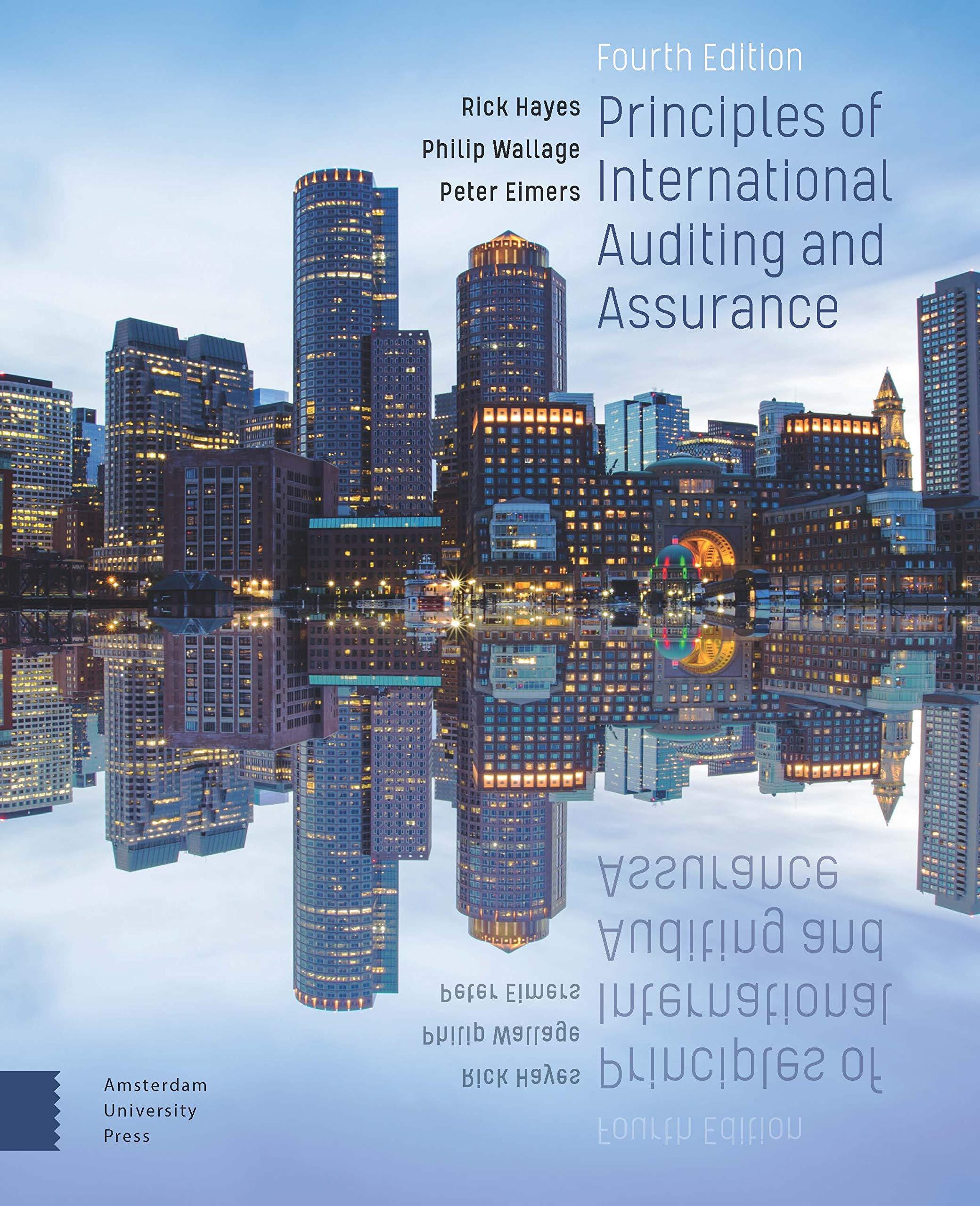You are the judge in a small claims courtroom and hear the following testimony: Sarah: She used to date Dan. Dan came from a background without a lot of money and used to ask Sarah to borrow money from time to time. Nothing was ever written, and Dan paid her back almost always when he got paid at his job and if he couldn't, well, she loved him and felt bad for him. About a week before their breakup, Dan asked her for $2000 to get his car repaired. Sarah is suing to get the money back as Dan has not repaid her. Dan: Sarah and he were "cool" about money. She knew he didn't have a lot of it and was always offering to give him money. He didn't always feel good about accepting her gift, and when he got paid, he would repay some of these gifts from time to time. Sarah always indicated that these were gifts were given freely and there was no obligation was created as Dan barely had money: if there was an obligation, he would have insisted on a writing because hi knows that is how business is done. He lost his job shortly after the $2000 car repair, but when he gets money in the future, he does want to pay her back as he can because it was a lot of money. But as always, both of them understand that he is under no obligation to do so. 1. Write out the three elements in the prima facie case to establish a valid gift set forth in your slide on Methods of Acquiring and Transferring Personal Property) 2. Use the facts for Dan-what would he argue to establish that it was a gift based upon the prima facie case? Have you received money gifts in the past, or given money? When you have, has anyone returned that money to you or have you returned that money? How does that factor into your analysis, and how does Dan address this? 3. Using that same prima facie case, find the facts that support Sarah's argument that the $2000 was not a gift but a loan? What terms are necessary to form a contract between parties-are they there? Is there a reason a loan cannot be based upon an oral agreement? What was the customary course of dealing between the parties, did they treat it as a loan or a gift? 4. How would you decide? Use facts out of the fact pattern and apply what we have learned







